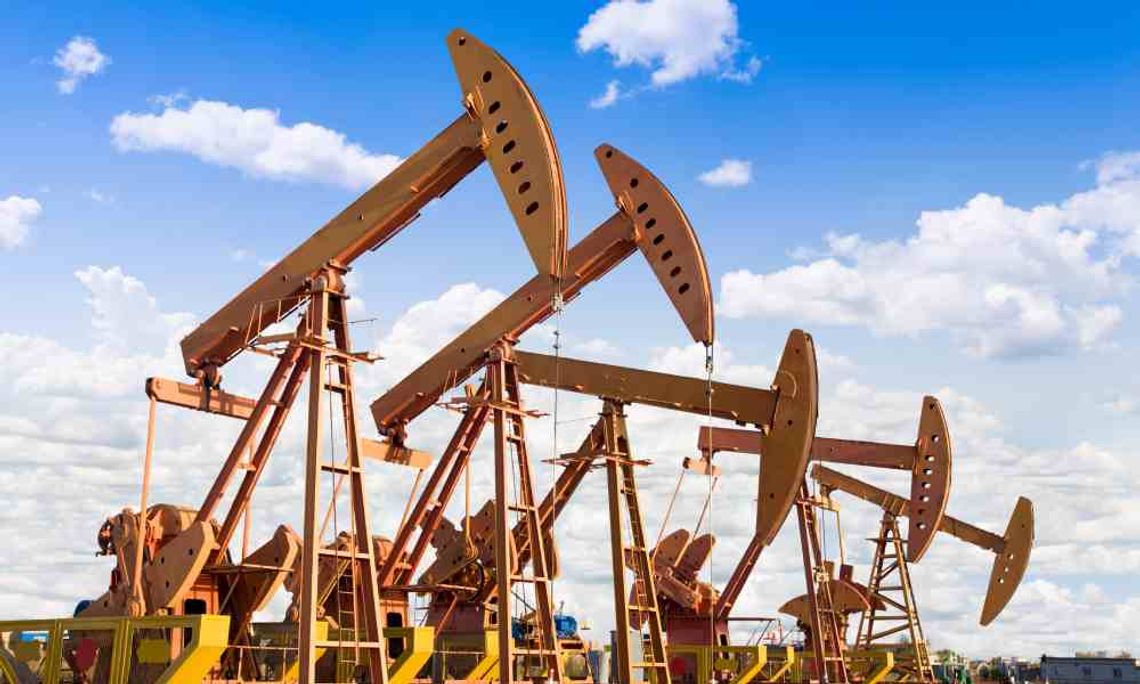Keeping oilfield equipment in top shape is essential for ensuring safety and productivity. Equipment malfunctions can lead to costly downtime and even dangerous situations. Fortunately, there are several strategies that oilfield workers can implement to avoid issues. Here are a few tips for avoiding equipment malfunctions in oilfields.
Invest in Quality Equipment
Investing in quality equipment pays off in the long term. Robust machinery is expensive but offers better performance, reliability, and longevity. Consider material quality, manufacturer reputation, and warranty when purchasing new equipment.
Overall, high-quality equipment reduces the frequency of malfunctions and lowers maintenance costs. It also enhances overall productivity and safety, making it a worthwhile investment for any oilfield operation.
Monitor Environmental Conditions
Temperature, humidity, and dust can affect equipment health. Monitoring these conditions is a smart tip for avoiding equipment malfunctions in oilfields because it allows you to respond to potential issues in a timely manner.
Use tools and sensors to monitor environmental conditions around your equipment. The tools provide real-time data and alerts, and you can protect your equipment from adverse effects.
For example, when temperature sensors detect overheating, you can immediately activate cooling systems or shut down equipment to prevent damage.
Use High-Quality Lubricants
One of the most straightforward yet effective ways to prevent problems is by using high-quality lubricants. Different types of machinery require specific lubricants to operate efficiently.
Selecting the right lubricant for your equipment reduces friction and wear, thus extending its lifespan. Proper lubrication also minimizes the risk of overheating and mechanical failure, allowing equipment to function at peak performance.
Implement Water Pits for Equipment Cooling
High temperatures can severely impact the performance of oilfield equipment, leading to overheating and potential breakdowns. That said, oilfields need pits of water to cool down machinery. Water pits help manage the thermal load on your equipment. Make sure that the water levels are adequate and that the pits are clean and free from contaminants.
Provide Proper Training Programs for Personnel
Well-trained personnel are your first line of defense against equipment malfunctions. Therefore, investing in training programs for your operators and maintenance crews is fundamental. Focus on areas such as equipment handling, troubleshooting, and emergency response. Proper training ensures that your team can identify potential issues early and perform routine maintenance.


Comment
Comments